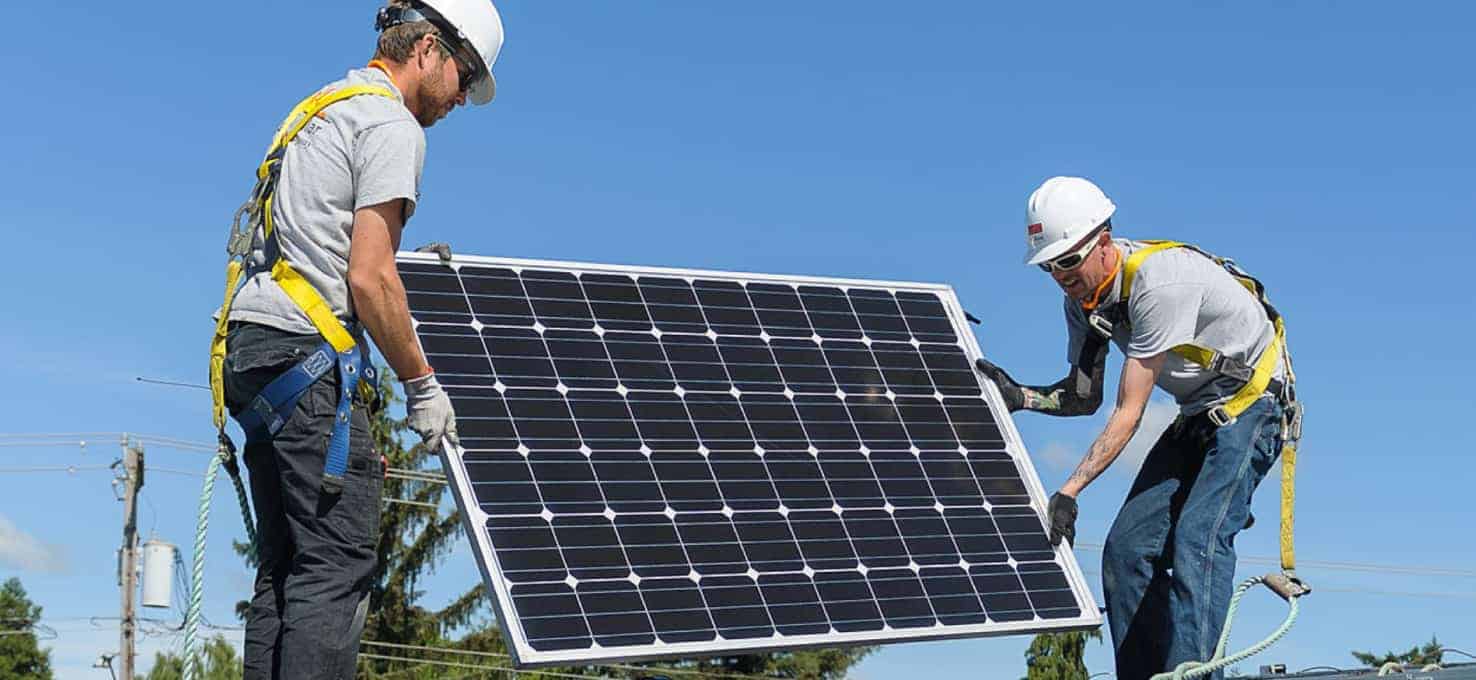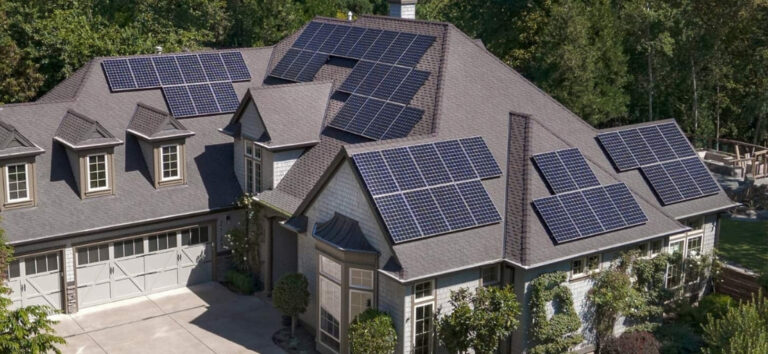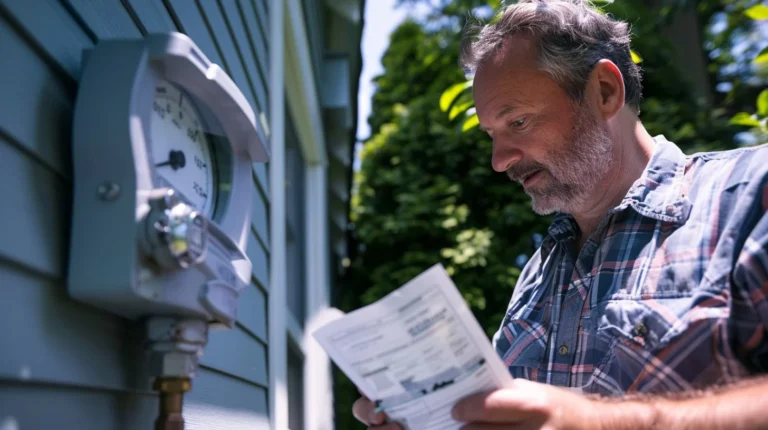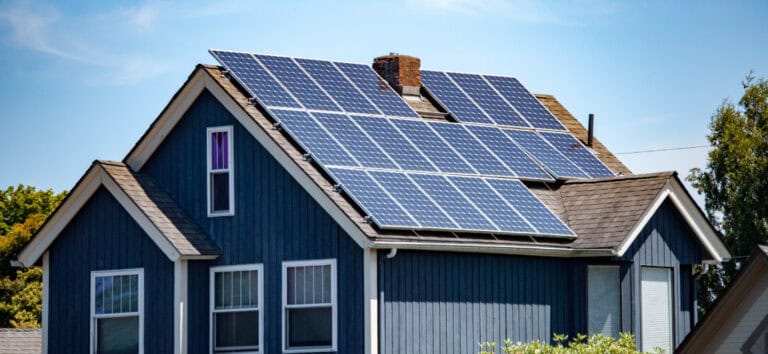Every home is different, and many factors affect the cost of a solar energy system—from the type of roof or structure your solar panels will go on, to the size of the system needed to meet your family’s power requirements. Here are 5 things you should know about solar.
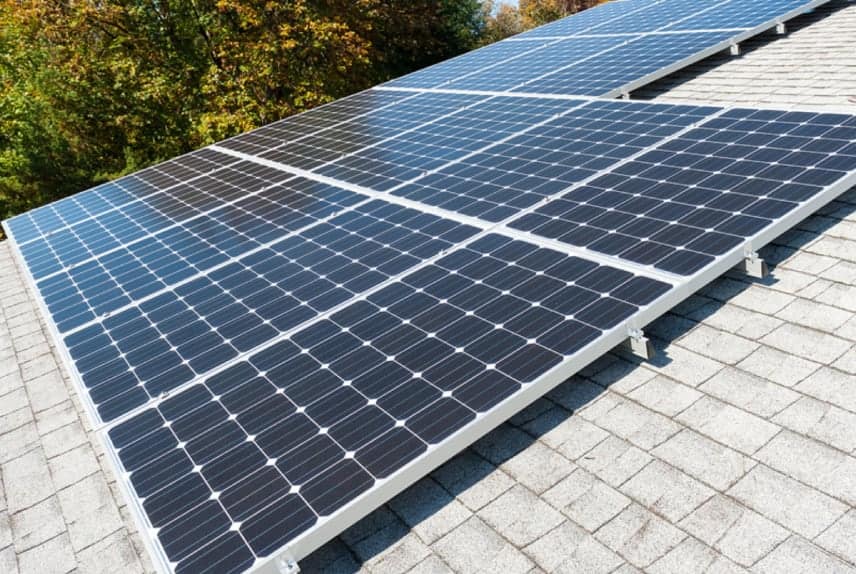
1. Higher Efficiency, Lower Costs
Advances in solar technology have given us photovoltaic panels that are more efficient yet less expensive than they were only a few years ago. Fast Company reported that from 1976 to 2019 the price of a typical solar panel dropped from $106 to $0.35 per watt.
2. Energy Savings Offset Solar Panel Costs
The energy savings you receive on your utility bill over the lifetime of a typical residential solar energy system can offset much of the cost of installation. Find out how much you can save with solar by scheduling a complimentary solar assessment.

3. Incentives Offset System Cost
As of 2024, the federal government is offering a 30% tax credit on the cost to install solar energy systems before 2032, including equipment, labor, and permitting. In 2033, the incentive will return to the previous credit of 26%, meaning that now is the best time to install your solar system.
The State of Oregon is offering rebates of up to $5000 on residential solar installations, and up to $2500 on energy storage systems. Also, EnergyTrust of Oregon is offering cash incentives to customers of Portland General Electric and Pacific Power who install solar energy systems, with incentives available up to $400-450 per home, depending on household income and electric utility.
Related: 2024 Oregon Solar Energy Incentives for Homes and Businesses
Neil Kelly helps homeowners navigate available incentives to get the best possible deal on solar installation. However, tax credits and clean energy incentives are expected to phase out over time, so if you are interested in solar it pays to act now.
4. Oregon is Exempt from Solar Panel Property Taxes
Solar energy systems add value to homes, but thanks to an Oregon state law passed in 2015, that value cannot be taxed. While some states have limits on their residential property tax exemptions, the value of a solar energy system in Oregon is completely exempt from property taxes.
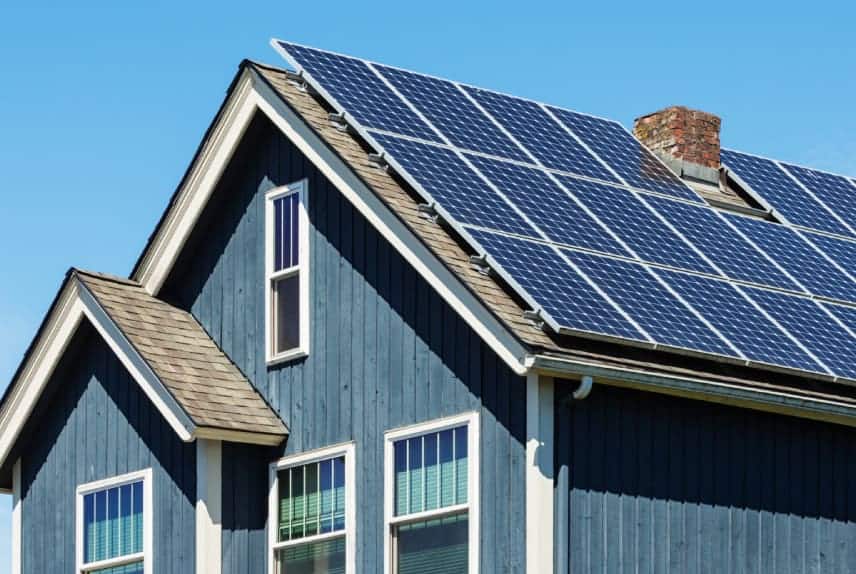
5. Financing Options are Available
Several lenders are advancing clean energy initiatives by offering attractive financing terms for solar energy systems. One of those lenders, Generations Credit Union, offers personal loans for the purchase and installation of solar systems, and energy efficiency improvements including HVAC systems and windows.
Solar Panel Installation in the Pacific Northwest
Neil Kelly’s experienced team of solar energy professionals is available to guide you through the solar panel construction and maintenance process. Our team specializes in making solar both affordable and achievable for your home. That means we can tailor a system to your custom needs and help you access tax credits and incentives to cut the costs of solar installation.
Can You Add Solar Panels to an Old Home?
One of the most common questions our solar team receives is whether solar panels can be added to an old home. Neil Kelly is one of the few contractors in our area who can provide both roof construction and solar panel installation. While it can take a bit of reverse engineering to help support the weight of solar panels on a historic home, our experienced craftspeople will survey your roof and its understructure and find the best solution to protect your home when adding your solar energy system.
Schedule Your Complimentary Solar Consultation Today
With clean energy solutions gaining traction in the marketplace, and generous cash incentives available, now is a great time to explore solar for your home. Neil Kelly offers complimentary consultations and assessments to help you determine how solar can work for your home.
Connect with us directly to learn more.

